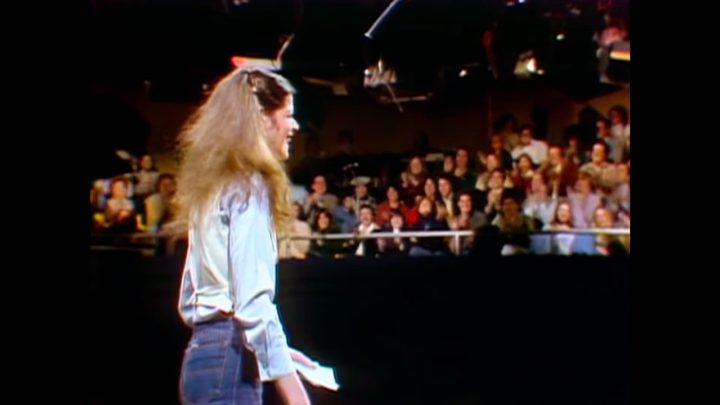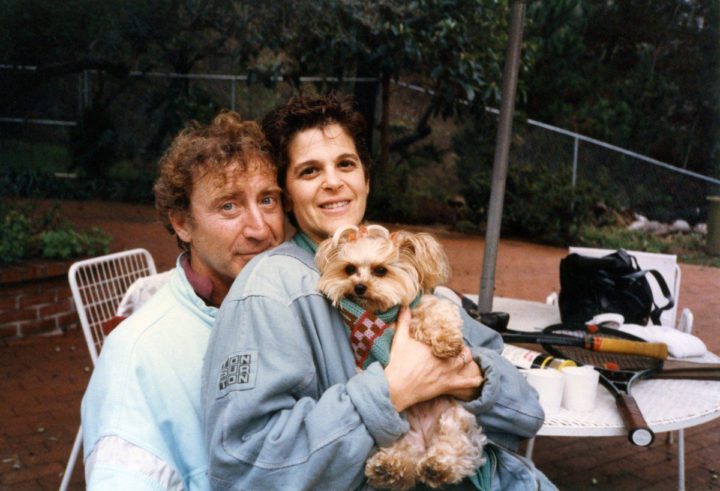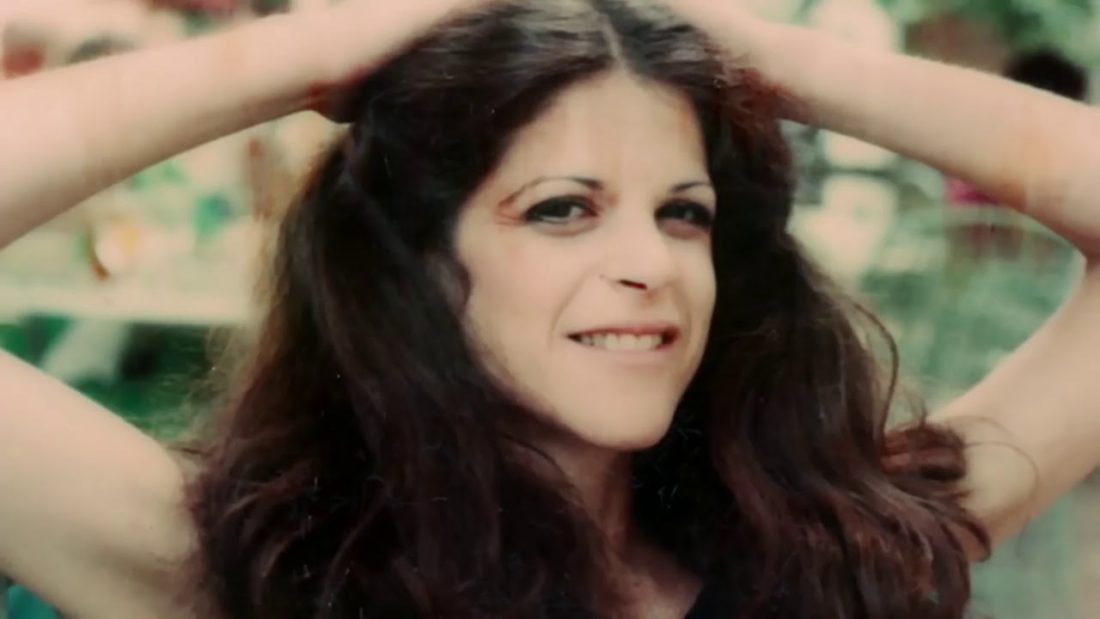
There are cinematic love letters, and then there’s Lisa D’Apolito’s Love, Gilda, a documentary whose title reads less like an epigraph than a commandment from on high. And realistically, what’s not to love? I can’t think of anyone who would characterize Gilda Radner as anything other than a cultural treasure. From her early work with National Lampoon and Second City, to her career-making turn as the first Not-Ready-For-Primetime-Player cast by Lorne Michaels on “Saturday Night Live,” to her tragic and untimely death from ovarian cancer at age 43, D’Apolito’s camera crafts an endearing portrait of an uncommonly lovable celebrity taken from the world too soon.

D’Apolito leans heavily on talking-head interviews, but the spine of her film is constructed around the personal writings and archival recordings left behind by Radner. This conceit sounds like a move from the Ken Burns crib sheet, but it works better here than it might under other circumstances on the basis of having recent SNL alums such as Amy Poehler, Bill Hader and Maya Rudolph read the words of someone who clearly inspired them. And then there’s the fact that the audience is allowed to see Radner’s handwriting, simultaneously delicate and volatile, adding a layer of intimacy that a base recounting of the historic record could never deliver. Still, it feels as though Radner’s life and legacy deserved a deeper look than the somewhat cursory overview that Love, Gilda provides.

For those unfamiliar with the basics of Radner’s life, there’s exactly enough here to get you up to speed. Those looking for deeper insight have a plethora of books to choose from, but will find D’Apolito’s treatment on the slight side. That said, I doubt anyone really wants a warts-and-all expose of Radner, and although D’Apolito does touch on sensitive subjects such as the star’s struggle with eating disorders and her fraught love life, these periods of turmoil are presented matter-of-factly and with little fanfare and even less elucidation. Part of the problem here is that so many of Radner’s contemporaries are no longer with us, but there’s more than enough information on these topics in the public record to have ameliorated such shortcomings. The lack of genuine probing on D’Apolito’s part may be understandable, but it can also be a bit frustrating at times.

Viewers with a deep pre-existing affinity for Radner, either through her comedy stardom or her later cancer activism, will find that Love, Gilda aptly lionizes its subject, and the few revelations offered into Radner’s character and psychology are fascinating even in their sparseness. D’Apolito’s style is suitably slick without feeling overproduced, and her sense of pacing is brisk without being breezy. Still, Love, Gilda feels like an appetizer when some of us may have been hoping for a main course. Even so, Radner’s personality was so magnetic that any time spent in her glowing presence seems like a net win. Not Rated.
Now Playing at Grail Moviehouse.




Before you comment
The comments section is here to provide a platform for civil dialogue on the issues we face together as a local community. Xpress is committed to offering this platform for all voices, but when the tone of the discussion gets nasty or strays off topic, we believe many people choose not to participate. Xpress editors are determined to moderate comments to ensure a constructive interchange is maintained. All comments judged not to be in keeping with the spirit of civil discourse will be removed and repeat violators will be banned. See here for our terms of service. Thank you for being part of this effort to promote respectful discussion.